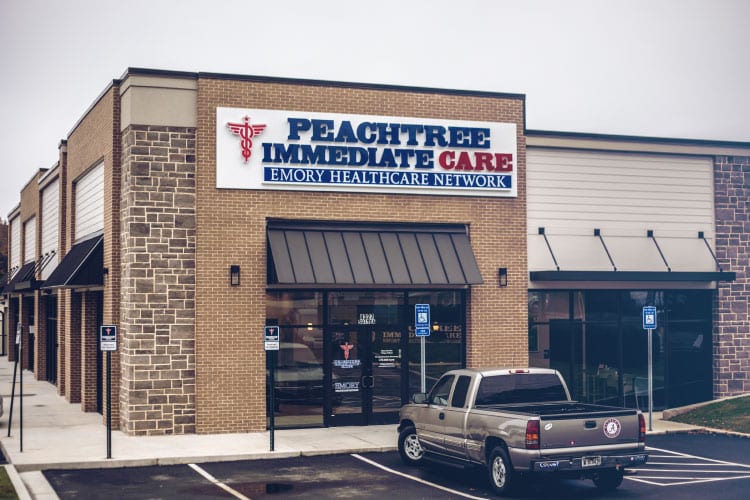Need Help Starting an Urgent Care Center?
Plan, open, and execute a successful center with Experity’s proven consulting team. Ninety-nine percent of our urgent care consultation clients are still operating today. From financial plans to compliance, you’ll have the tools and information to make sure you’re setup for success when you go live.
Choose a consulting team with years of experience that knows urgent care. It’s all we do.

Set Accurate Projections
Our experts will help you determine required startup capital, compile a break-even analysis, and prepare projected income and cash flow statements. Our comprehensive pro forma lets you leverage our experience to project the financial needs for startup and throughout your first seven years of operation.

Trust Our Proven Process
The odds are stacked in your favor when you use (and complete) the list of more than 1,000 tasks necessary to successfully open your new urgent care. Add a custom timeline synced with your open date, compliance guidelines, and our experts to answer your questions—and you’re heading in the right direction for success.

Focus On Compliance
Our consultants can also guide you on HIPAA, OSHA and CLIA compliance. We provide urgent care policies and procedures manuals, training documents and forms, and individual state regulations as they apply to in-house laboratory requirements.




